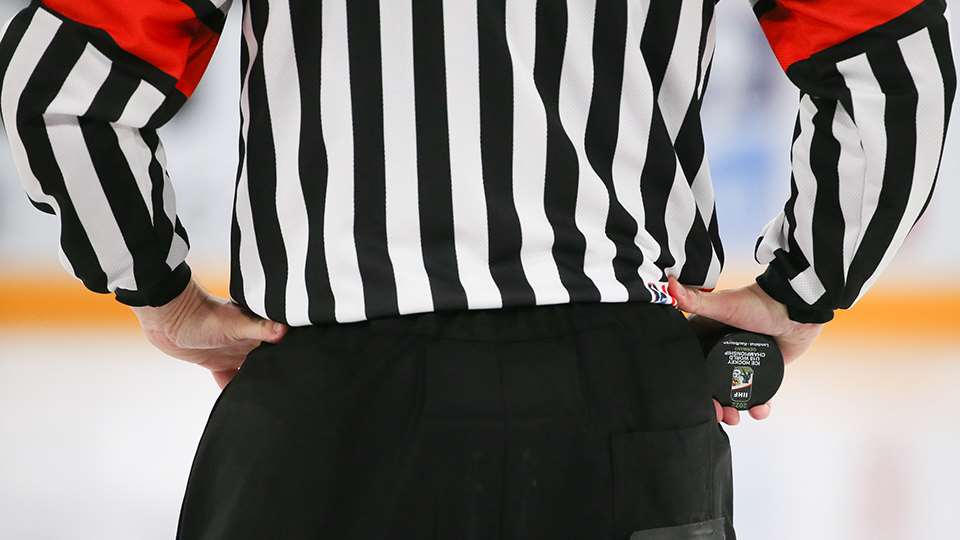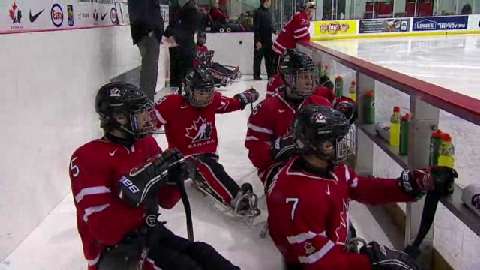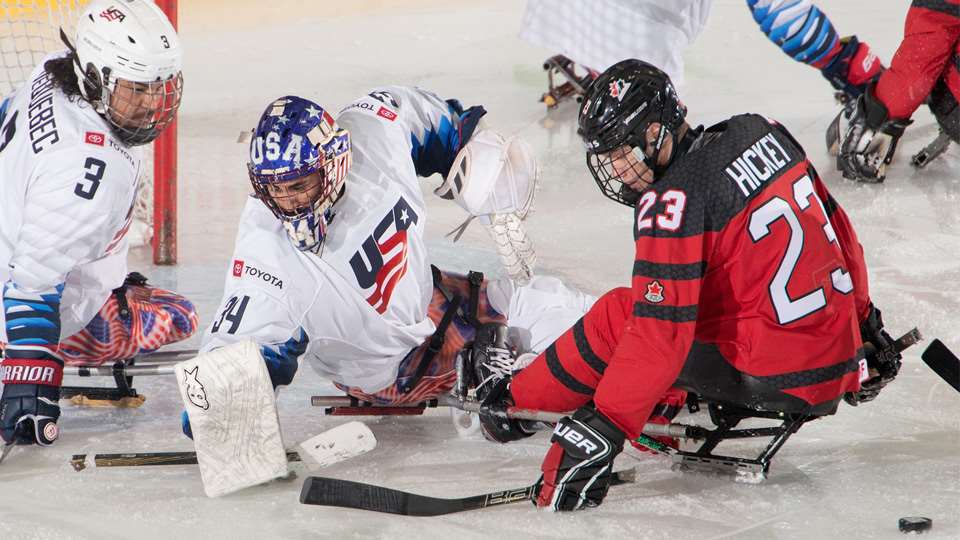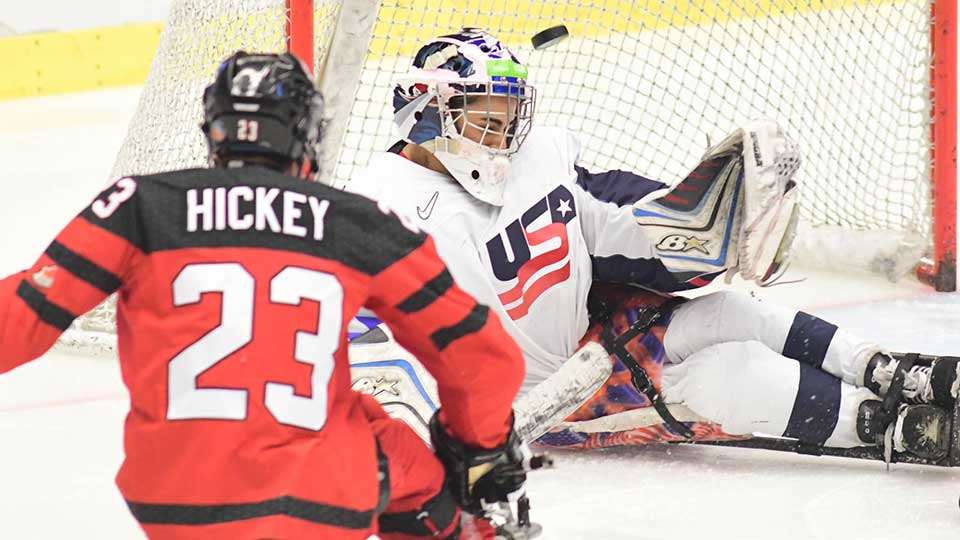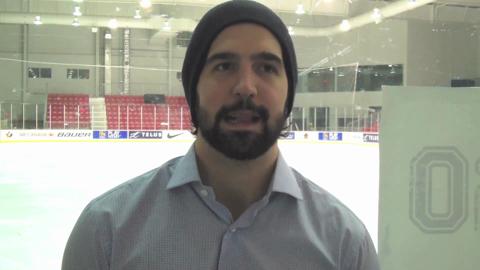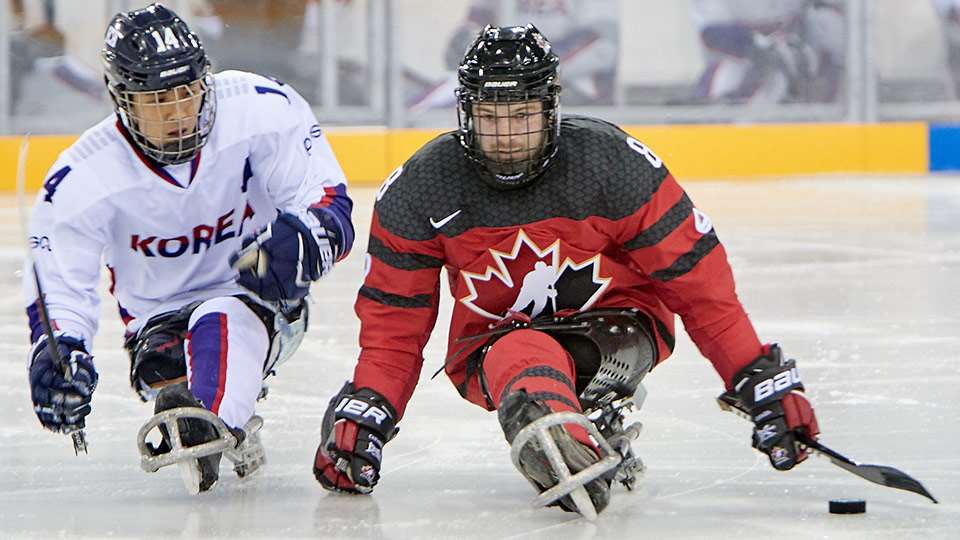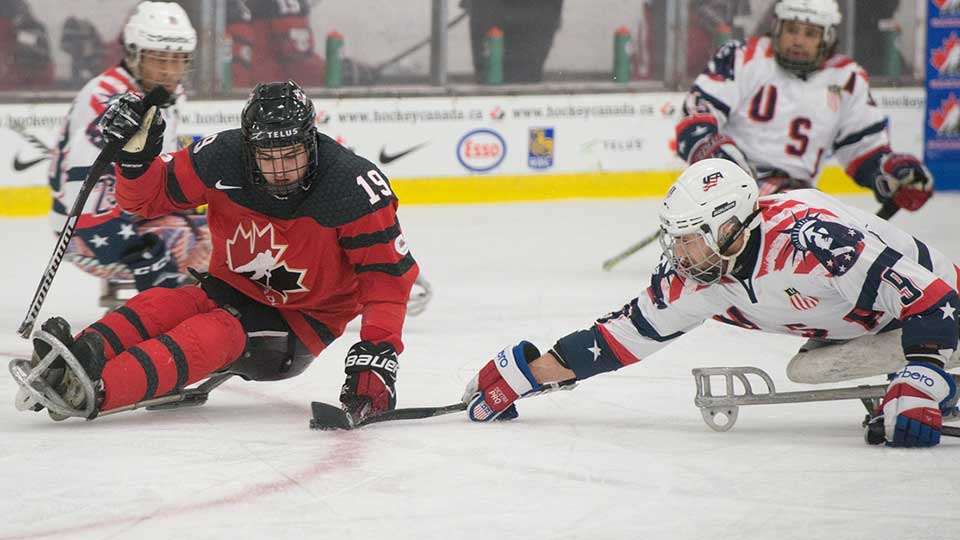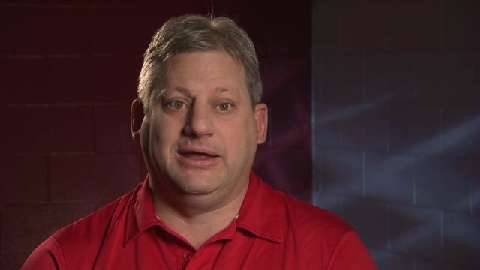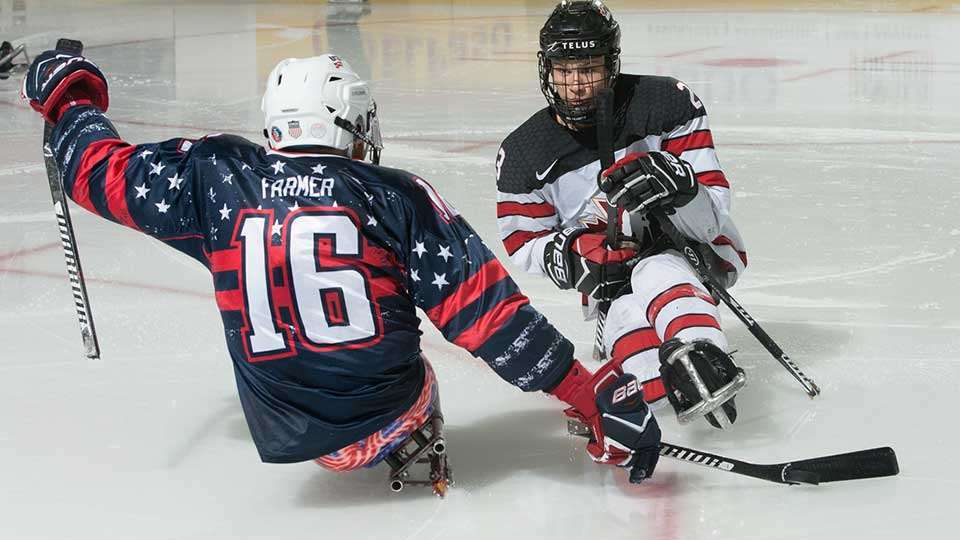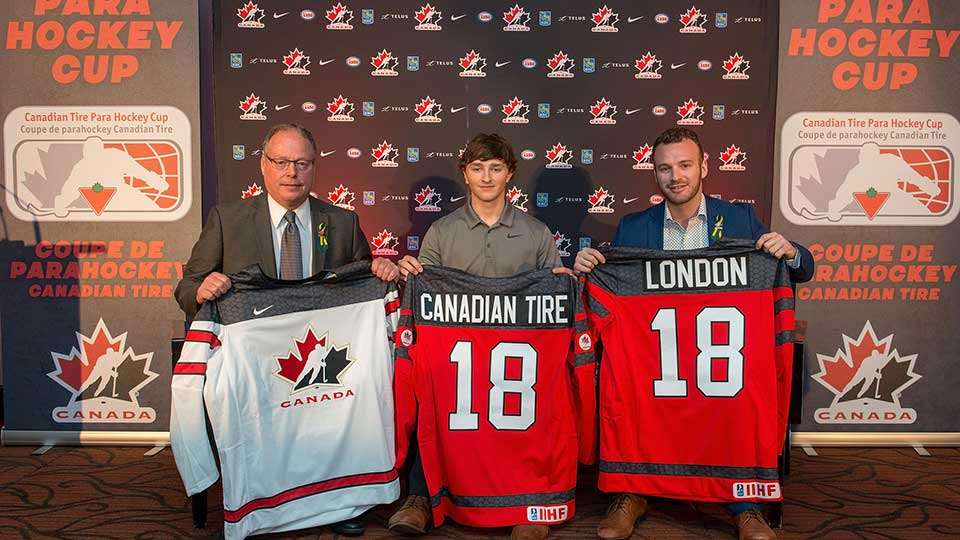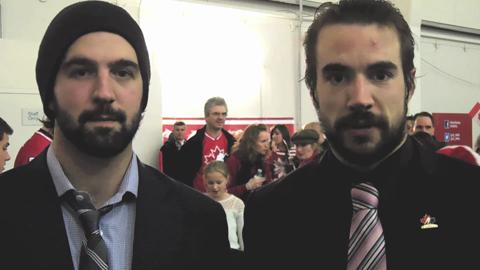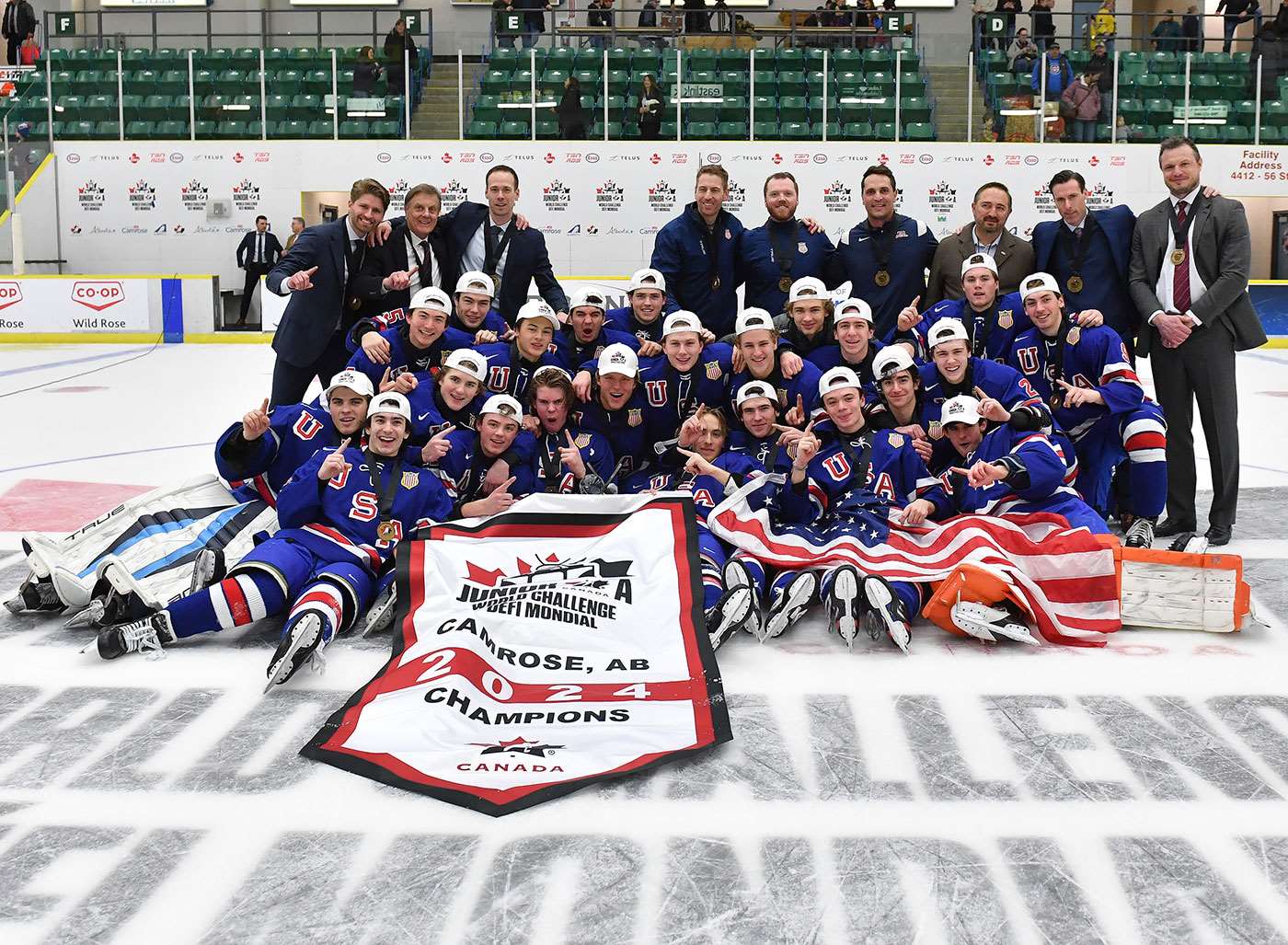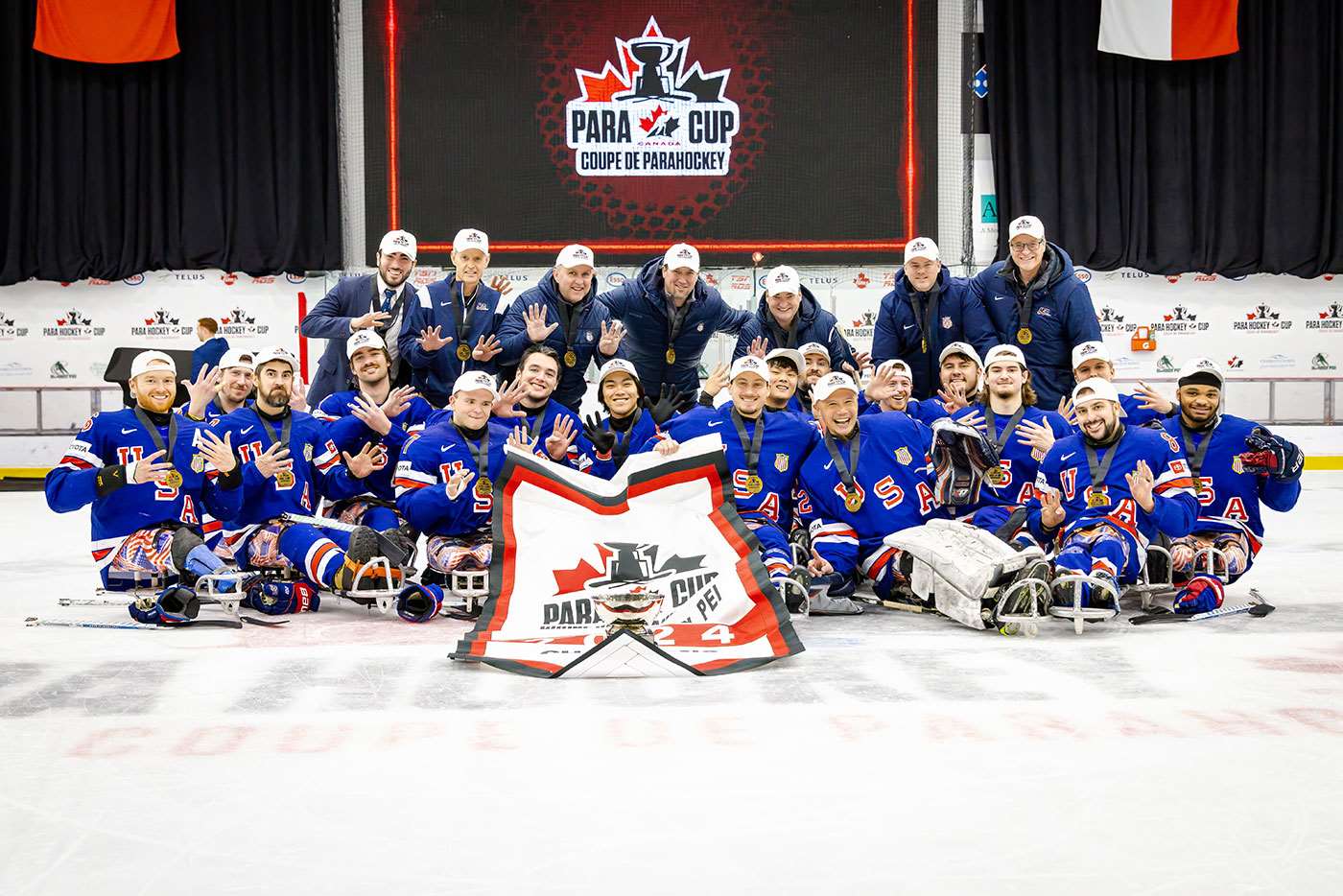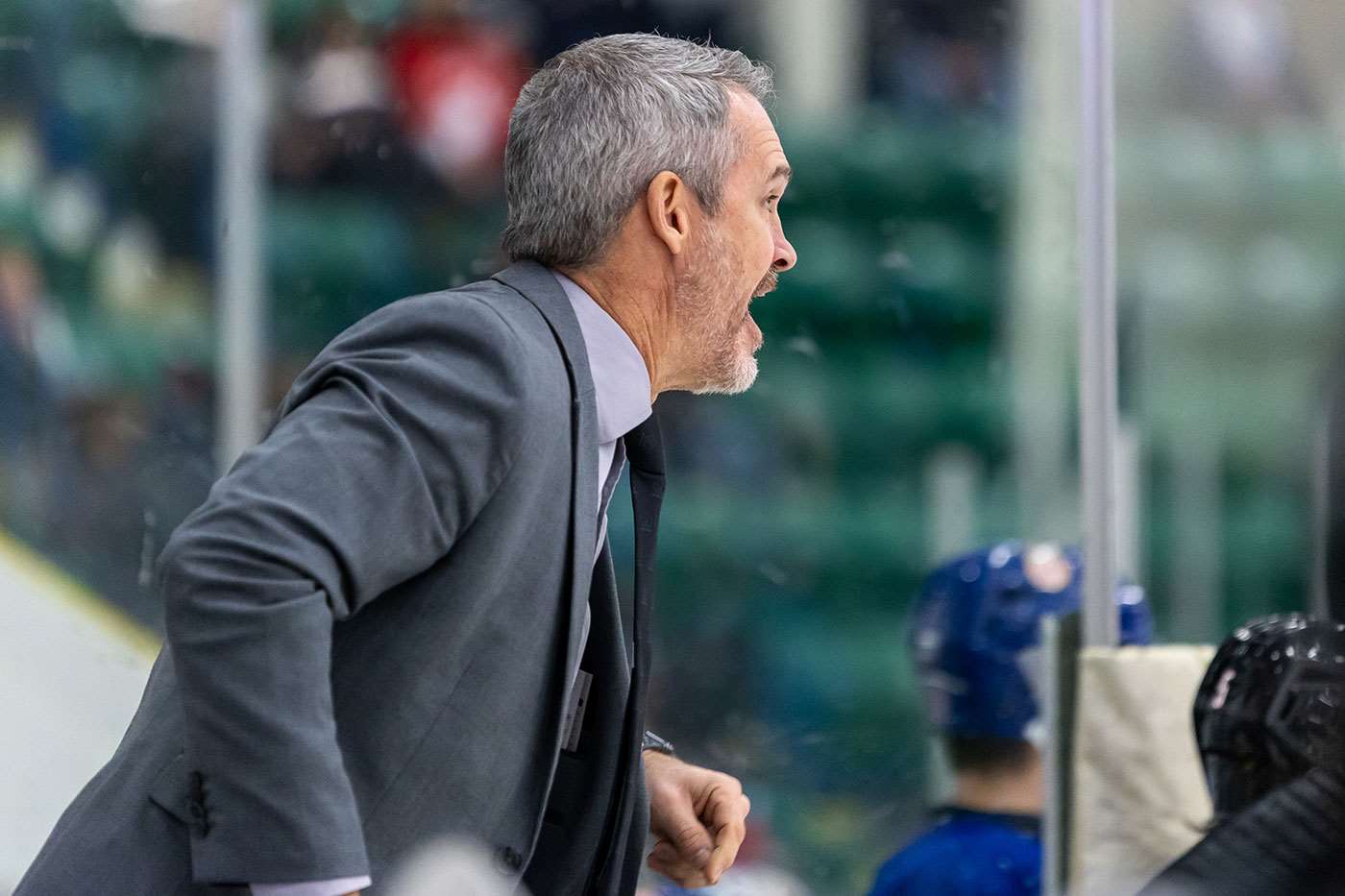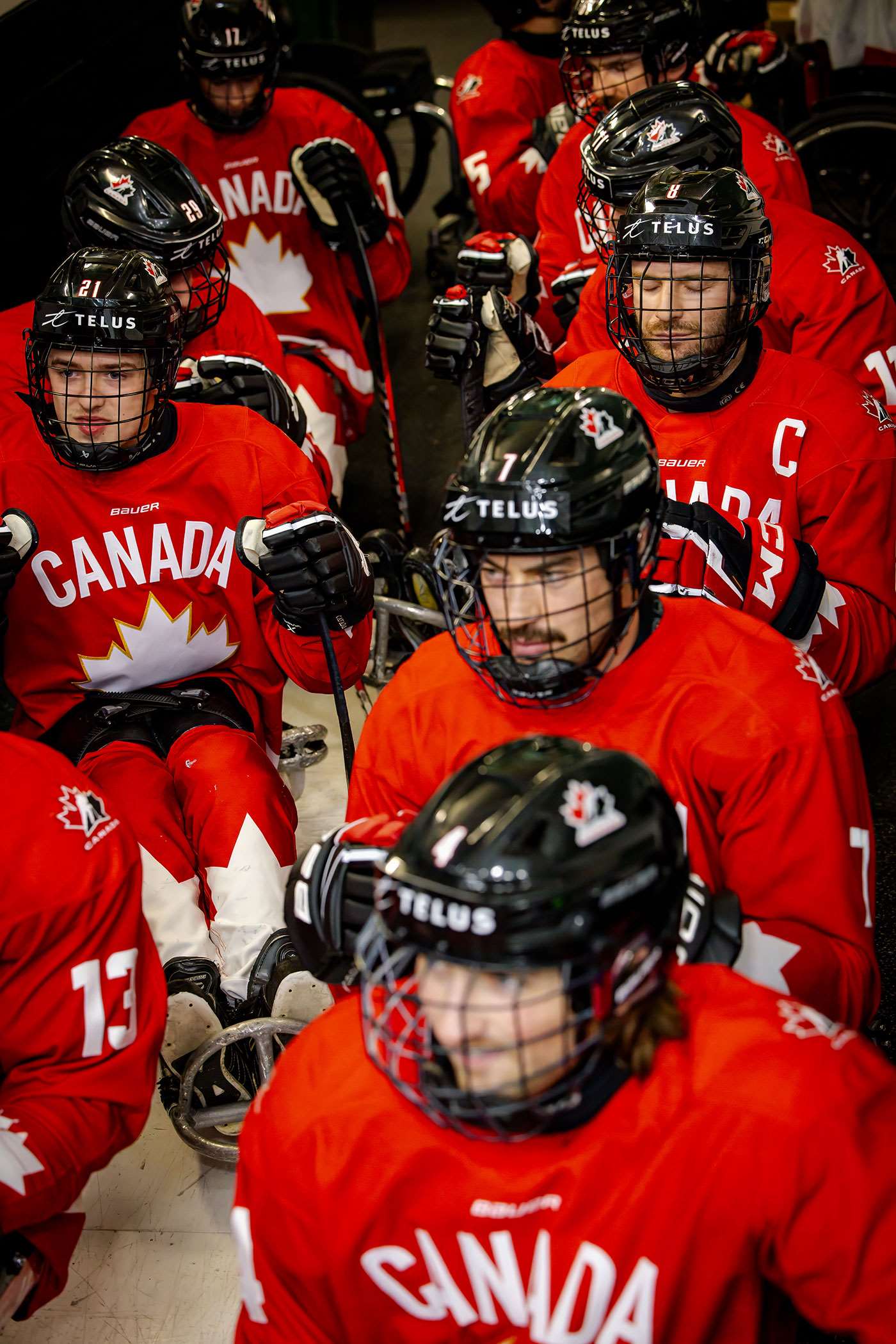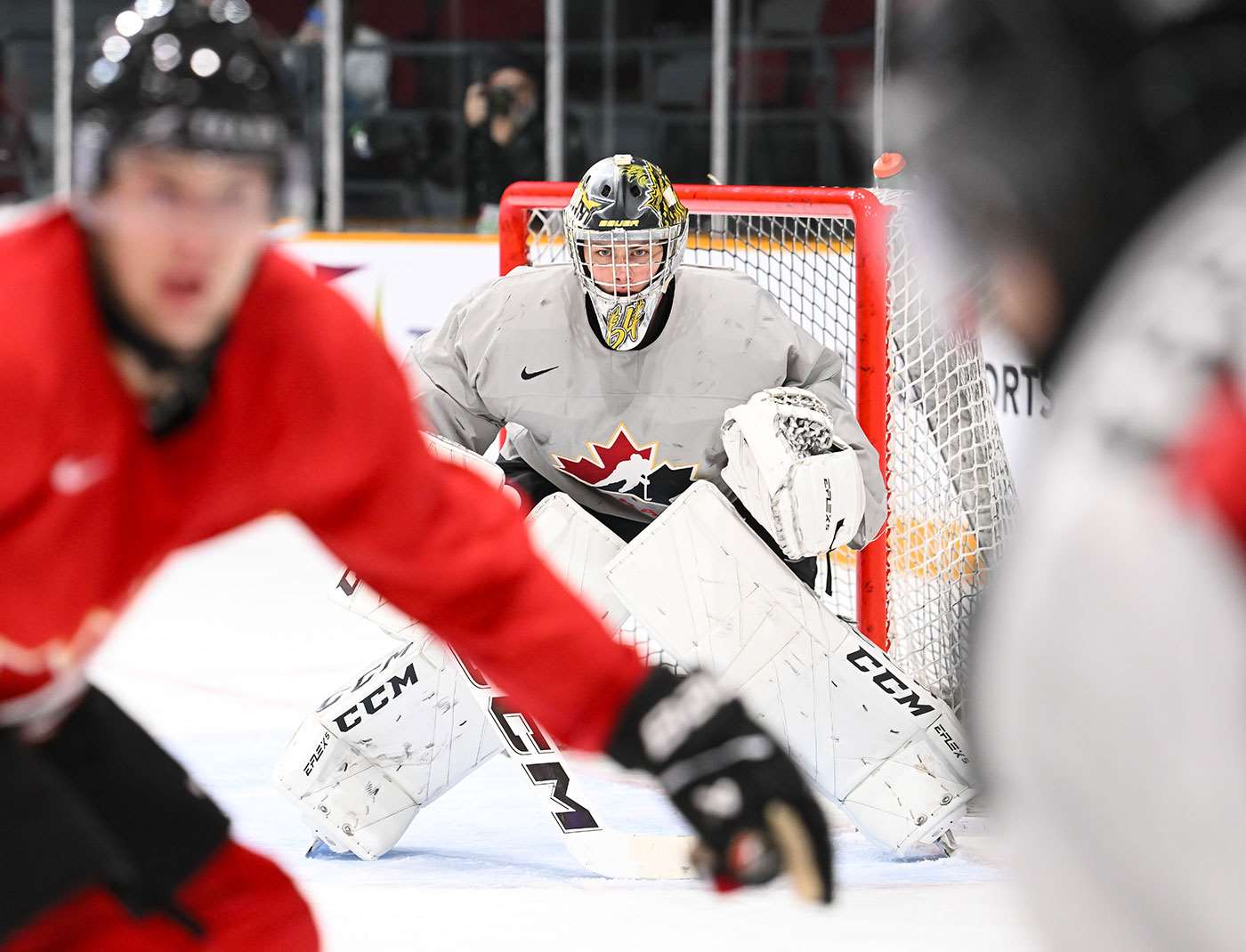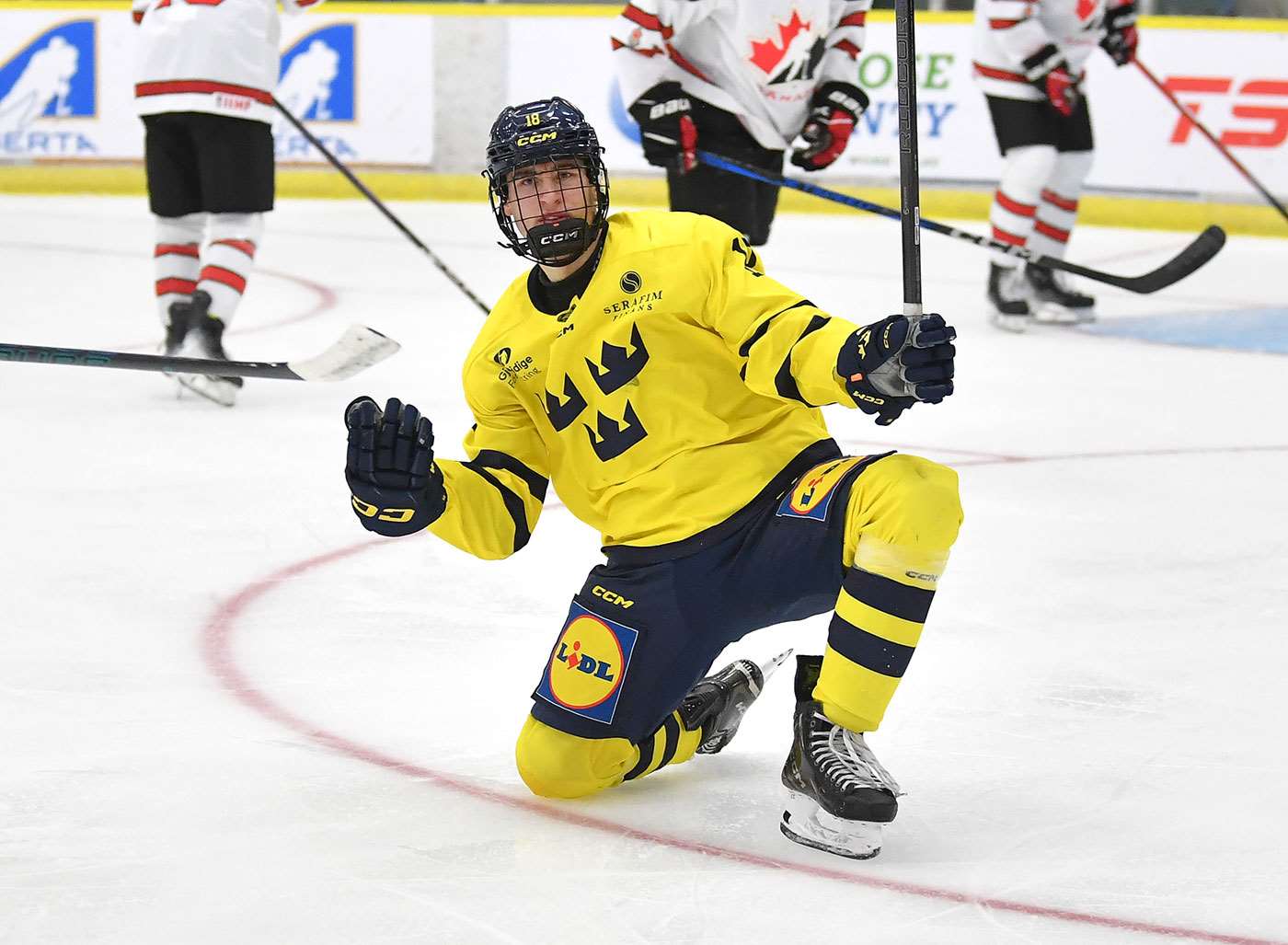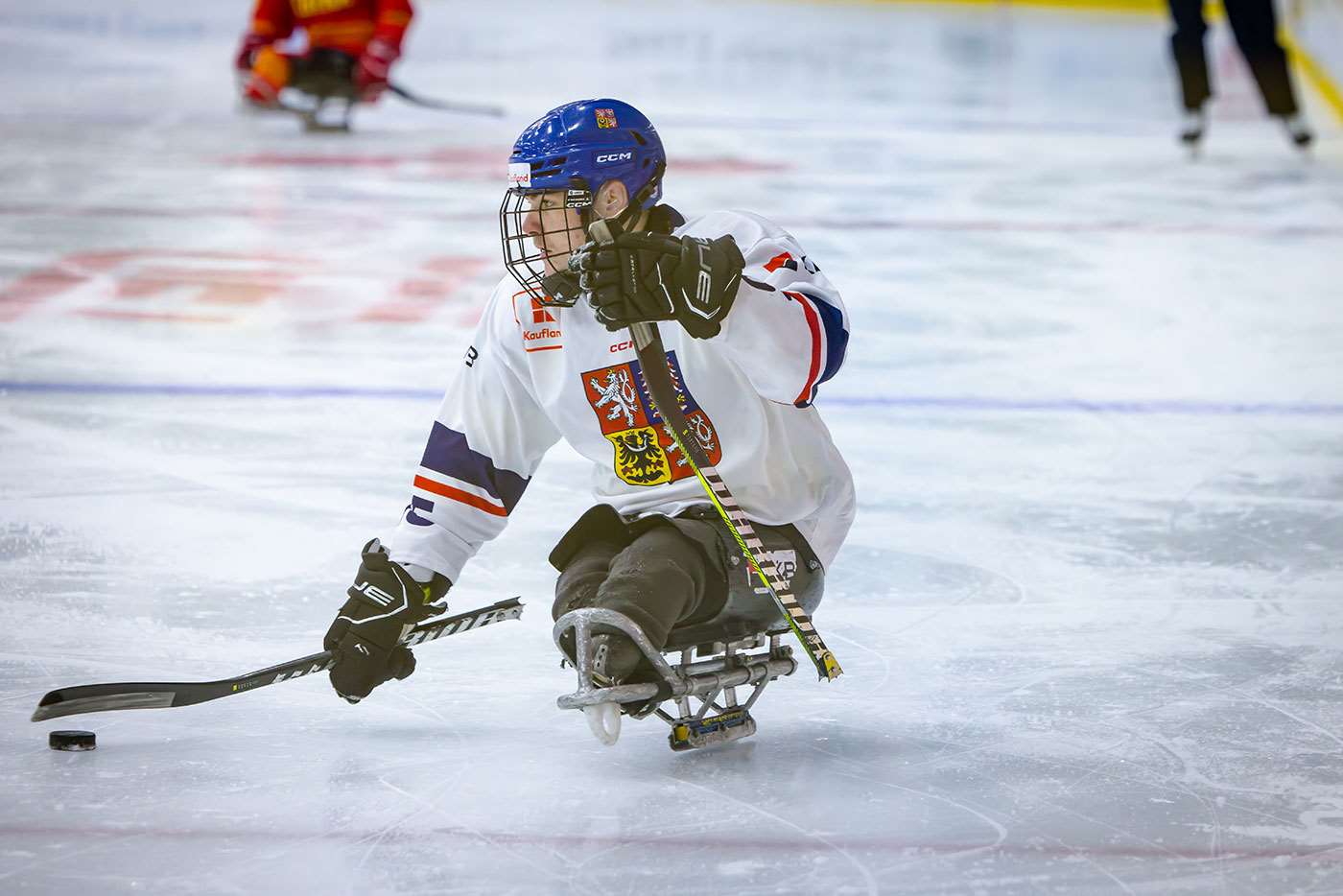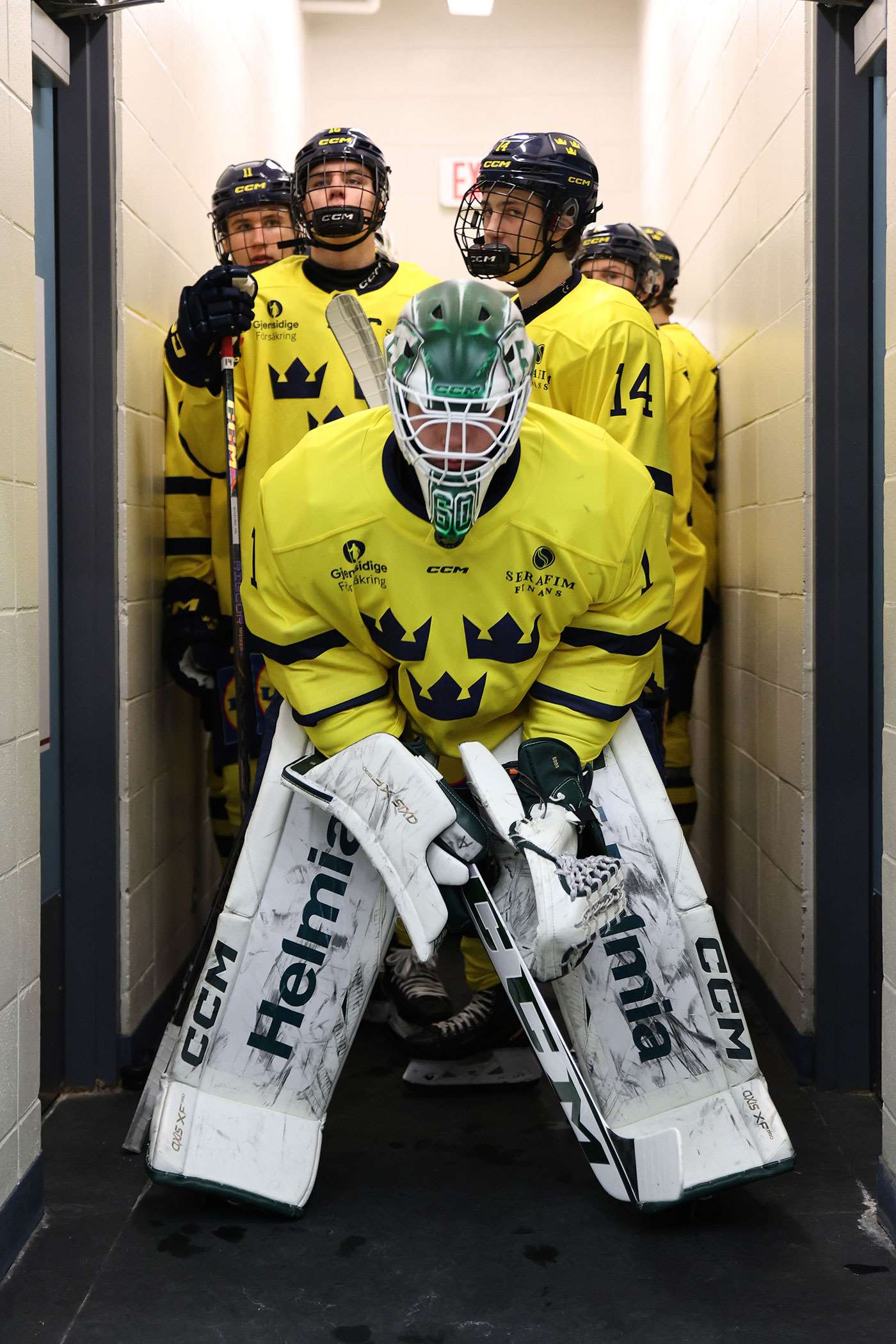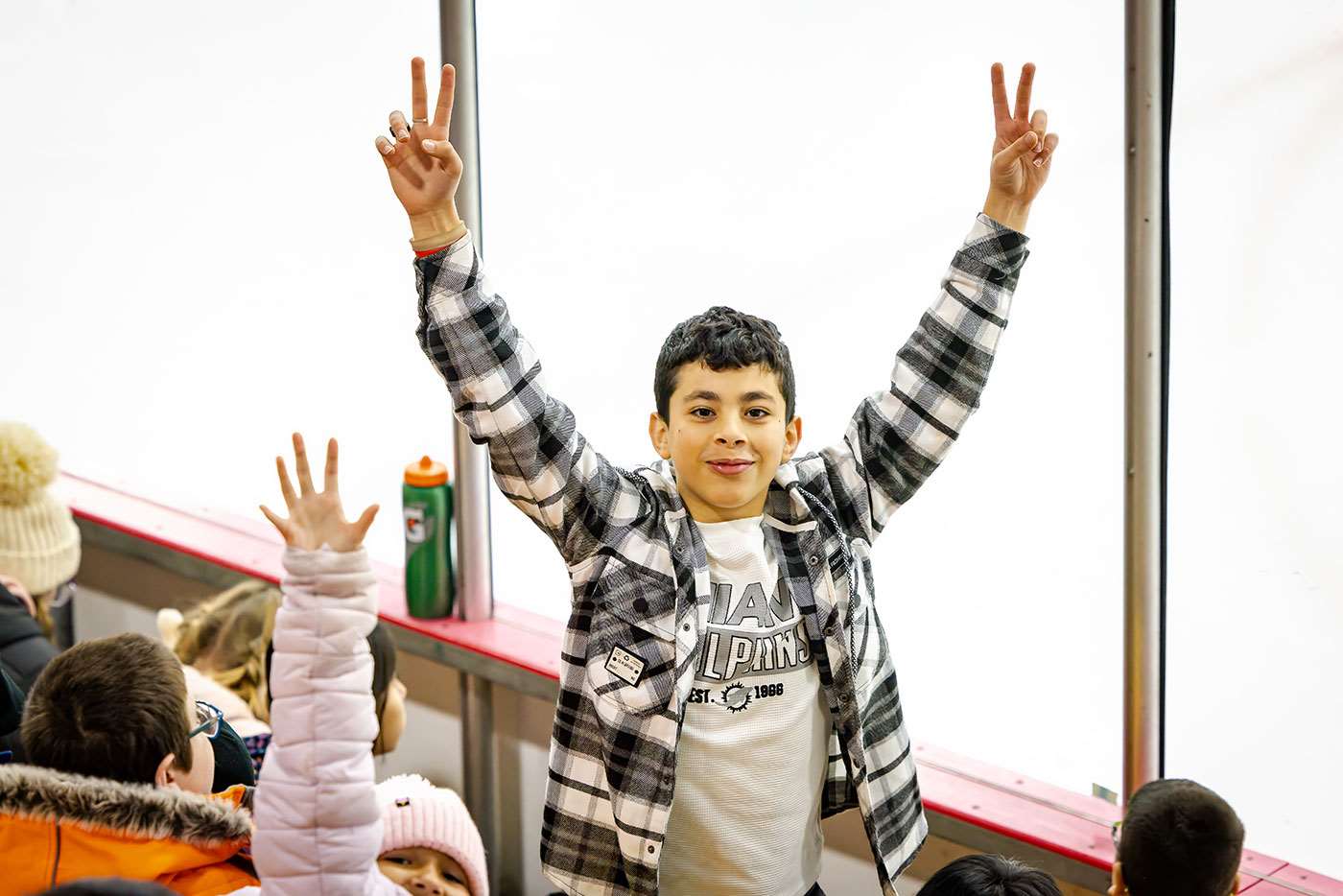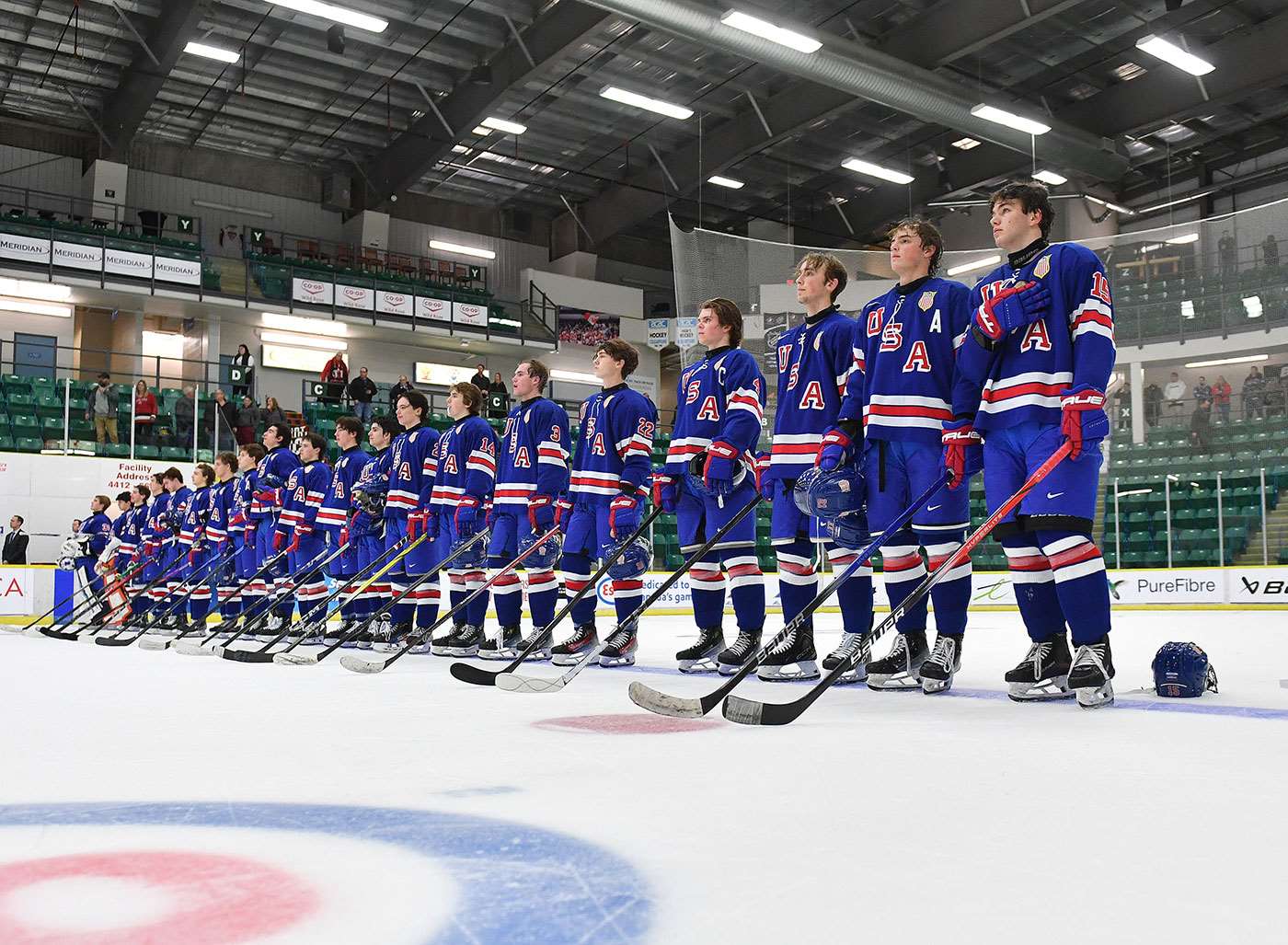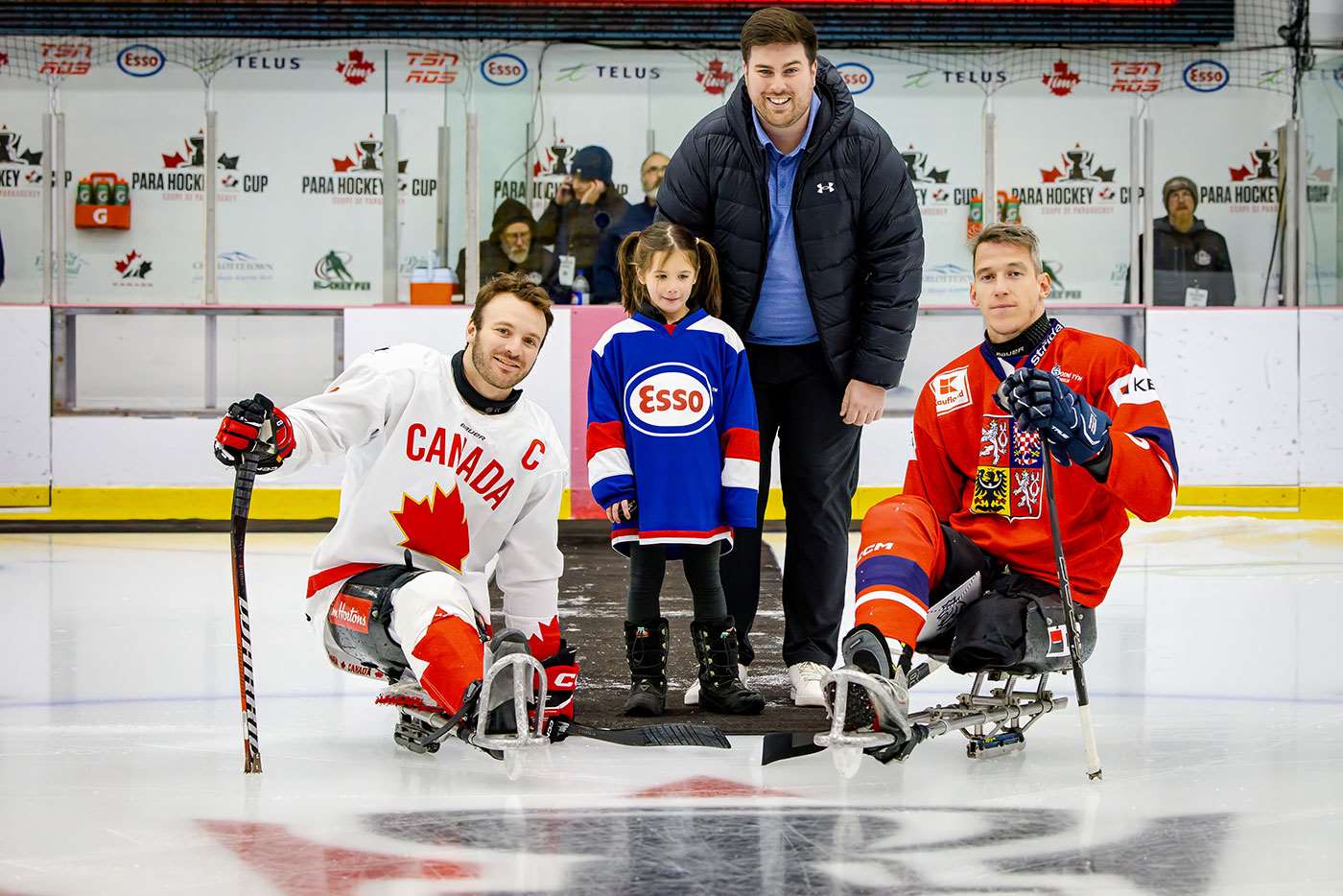
Schedule
Team Canada (Men)
IIHF World Junior Championship | Dec. 26, 2024-Jan. 5, 2025
Spengler Cup | Dec. 26-31, 2024
4 Nations Face-Off | Feb 12-20, 2025
IIHF U18 World Championship | April 23-May 3, 2025
IIHF World Championship | May 9-25, 2025
U17 World Challenge | Nov. 3-9, 2024
Hlinka Gretzky Cup | Aug. 5-10, 2024
Junior A World Challenge | Dec. 9-15, 2024
National Junior Team vs. USPORTS | Dec 12-13, 2024
Search

Sights on Sochi
Canada’s National Sledge Team readies itself for the 2014 Paralympic Winter Games

It’s the largest winter sports spectacle in the world. Every 48 months or so we watch, cheer and occasionally weep in triumph or agony.
Representing Canada at the Olympic Winter Games is no easy pursuit, especially when the top of the podium is the only objective. And in hockey, that sentiment is particularly onerous when silver or bronze are not the coveted colour.
For the athletes themselves, Olympic competition is the culmination of a build-up of many years of training, sacrifice and dedication in a specific quest for excellence. The Olympics are the one periodic competition that trumps the rest in a relative journey to perfection.
The Paralympics are no different.
“We’re always looking for the perfect game,” says Adam Dixon, a longtime member of Canada’s National Sledge Team. “Obviously the perfect game doesn’t exist. There’s no such thing as perfection, but we need to be as perfect as possible heading into Sochi.”
If the 2010 Paralympics in Vancouver were a stepping stone for Canada’s National Sledge Team, then Sochi looms as a very plausible leap to the podium. Four years ago, the Canadians were poised to deliver their country another gold medal on home ice, only to come up well short with a fourth-place finish.
It was a disappointing end for a team that expected more of itself and for a hockey community that understood the setback, but was also left wondering … what happened?
And while Vancouver didn’t produce the desired result, the national team expects to use the experience as motivation moving ahead, while at the same time hoping to push the salty memory further away in the rearview mirror.
“I think I’ve got my head wrapped around what the Paralympics are,” says Dixon, who joined the national sledge team as a 17-year-old following the 2006 Games in Turin, Italy. “Especially going to Vancouver. It was a real learning curve for me. Vancouver is definitely something I have under my belt now. Heading to Sochi my role is going to be different. I can pass on some of my knowledge to the guys that have never been.”
But what Vancouver didn’t deliver in terms of hardware, it provided in spades for the sledge program in Canada in terms of exposure. Those unfamiliar with the game were suddenly watching it, asking questions about its origins and intricacies, and passionately cheering with the same nationalistic pride for any hockey team that wears a red and white jersey with a maple leaf on the crest.
After all, it’s hockey. And Canadians love hockey.
“Vancouver did an unbelievable amount of publicity for us. It’s hockey through and through and we always get such positive feedback. It made some household names out of people on our team, even if was only for a couple weeks in March.”
For Canada’s National Sledge Team, the preparation for the 2014 Paralympics has been somewhat arduous, but necessary. Over the last several months, the team has been involved in a selection camp in Toronto, the Four Nations tournament in Sochi, on the Paralympic ice, and a training camp in Bedford, N.S. From there, lead-up competition continues with the 2013 World Sledge Hockey Challenge in Toronto and then a three-game series in North Carolina in January against the Americans. It’s all designed to make sure the team is battle ready when the puck drops in Sochi.
Moreover, the tune-up activity comes on the heels of Canada winning gold at the 2013 IPC Sledge Hockey World Championship last April. And with essentially the entire roster from that squad returning for a push toward gold in Russia, Canada seems poised for redemption.
“Winning a world championship last year was huge,” says Dixon, a product of Midland, Ont. “I want to be a winner. I like to win. I like to be known as a winner. I hate losing and I don’t know if I could say that enough.”
At the age of 10, Dixon was diagnosed with cancer. The disease rendered one of his legs permanently non-functional. A stand-up hockey player in his youth, he was bound to a wheelchair after surgery to implant an internal prosthesis which prevented him from skating, although he admits the desire to play stand-up hockey again kept him motivated.
In the meantime, at the urging of a friend and still on treatment, he was introduced and encouraged to participate in sledge hockey to stay involved in the game. By 13, his focus had switched from wanting to return to stand-up hockey as goalie to sledge hockey. Sledge became his new sport and the national team the fresh goal.
“I started to get really good at sledge and that’s when I started to put more time and commitment into it. I realized it was something I wanted to do.”
Mission accomplished.
A national team member since 2006-07, Dixon admits there wasn’t really one defining moment that drew him to sledge hockey full-time, but rather he was drawn into the highly competitive side of the sport the more he played it.
“It’s in my blood,” he says.
In terms of preparation for the 2014 Paralympics in Sochi, Dixon admits the last four years can be isolated to one specific item for success: focus.
Sure, there were been the strength and conditioning programs, on-ice workouts, team-building sessions and psychological preparation to go through, but when the puck drops, those with better vision of what it takes to win will ultimately prevail.
With proper focus, Canada will challenge for gold. Without it, they’ll likely come away disappointed – again. And the difference between the two is so thin the final stages of preparedness are crucial, especially for Canada since they currently own the No. 1 ranking in the world.
“It’s not so much that it’s a different year because it’s an Olympic year,” says Dixon, one of a handful of national team members with a full-time job; his as an apprentice meter technician at Powerstream, an Ontario power company. “We’re at the peak of a four-year build to the Olympics. In terms of our actual training regimen, it’s not too different. The focus needs to be 100 per cent right. Your attention to detail needs to be perfect.
“We’re really in the sprint right now to the finish line. We have to do everything right to give us the best chance to win.”
Since the Canadians already participated in the Four Nations tournament in Sochi late last summer, they know and understand what awaits them in Sochi.
According to Dixon, the previous Russian experience will be invaluable.
“Russia is a completely different animal,” he says. “We got a little taste of it, but we haven’t experienced the whole thing.”
They will in good time. And so will the rest of us, hoping to cheer – or cry – in celebration with them.
For more information: |
- <
- >

















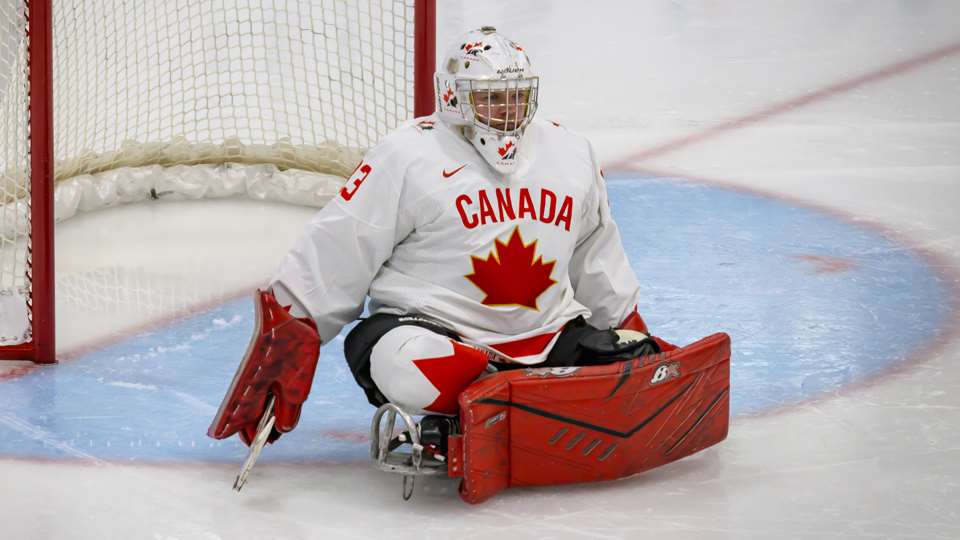
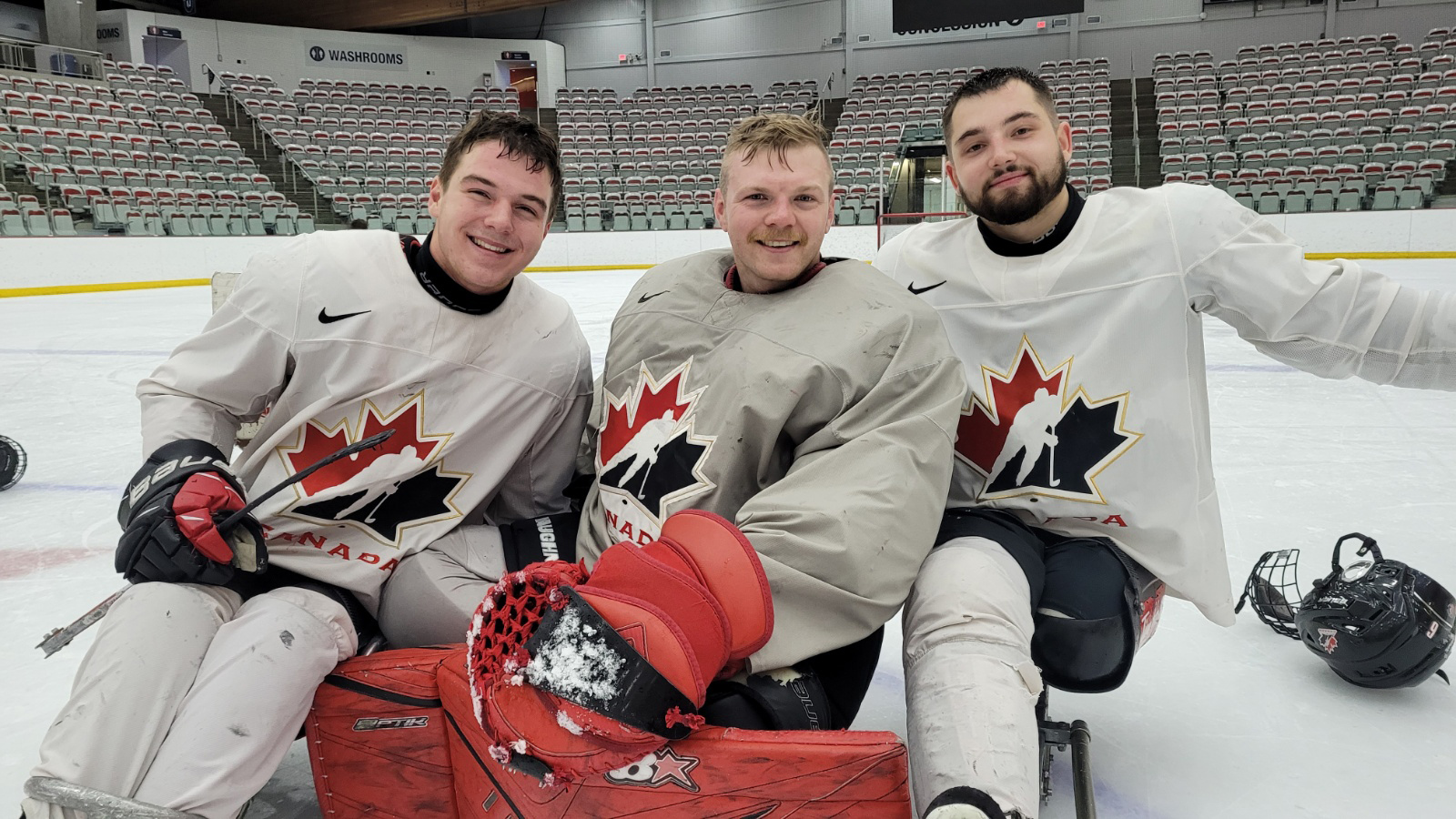 Matteo Pellizzari (left), Mitchell Garrett and Brendon Hurst.
Matteo Pellizzari (left), Mitchell Garrett and Brendon Hurst.
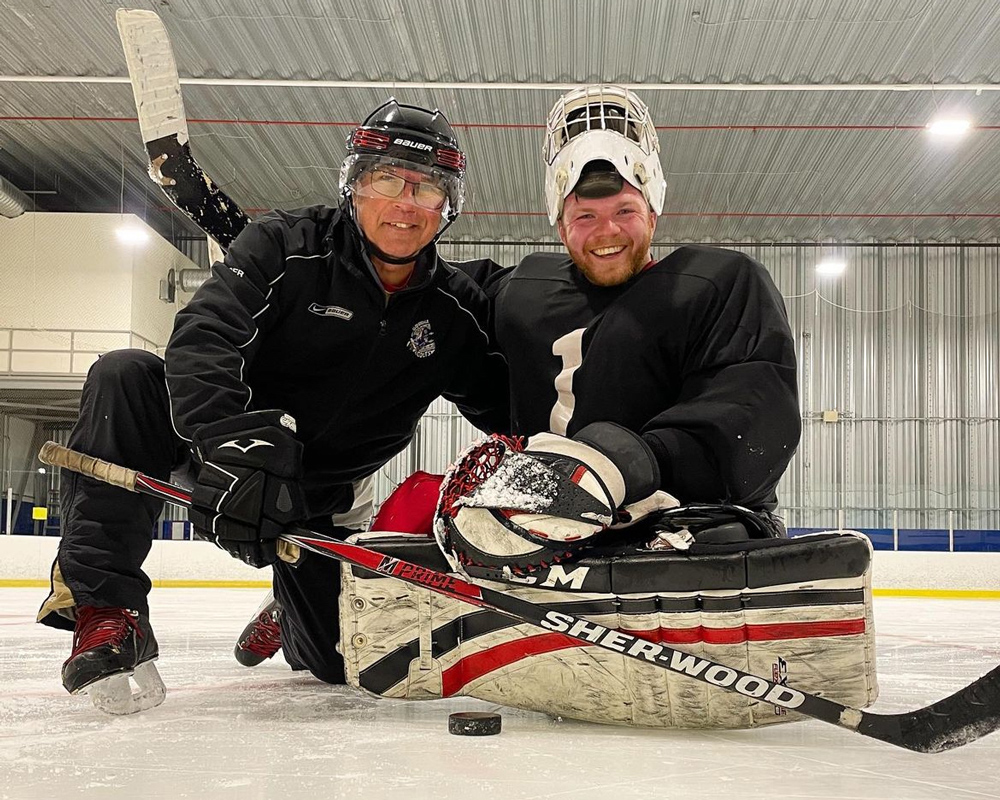 Mitchell with his dad, Ken Garrett.
Mitchell with his dad, Ken Garrett.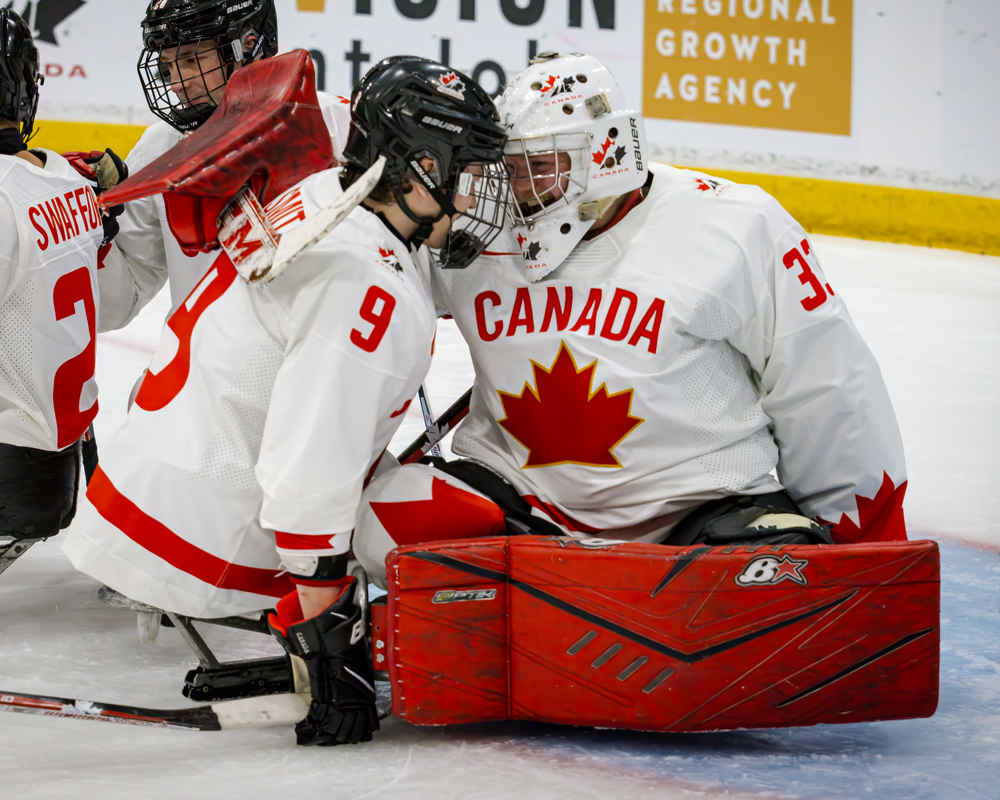 Corbyn Smith (left) and Mitchell Garrett celebrate after beating Czechia at the 2023 Para Hockey Cup.
Corbyn Smith (left) and Mitchell Garrett celebrate after beating Czechia at the 2023 Para Hockey Cup.